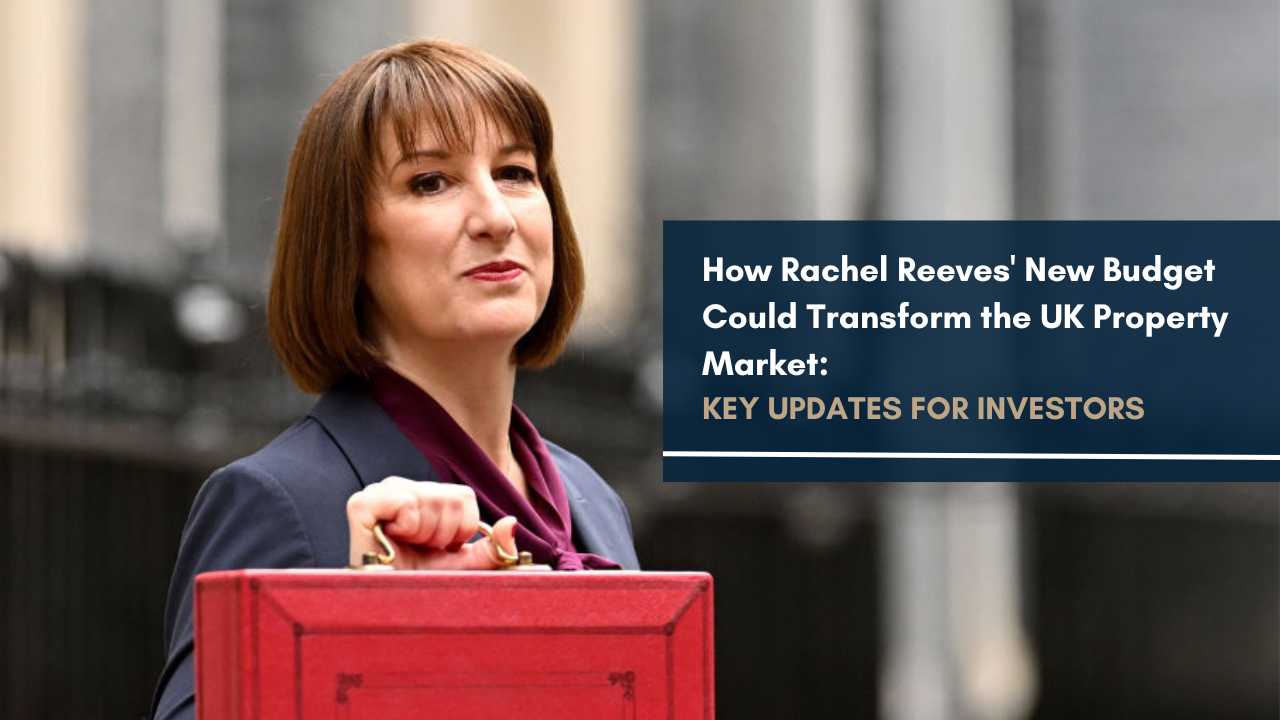The 2024 UK elections in July marked a significant shift in the political landscape, with the Labour Party emerging victorious. This win represents a change in direction from the previous Conservative government and brings with it the implementation of Labour’s ambitious manifesto. For property investors, understanding these changes is crucial to navigating the evolving market.
Labour’s Manifesto: Key Points
Labour’s manifesto focuses on a broad range of social and economic reforms aimed at addressing inequality, improving public services, and ensuring sustainable development. Some of the key points relevant to the property investment market include:
Affordable Housing Initiative:
- Labour has pledged to build 300,000 new homes annually, with a significant portion allocated to affordable housing.
- Introduction of rent controls to ensure fair rents in high-demand areas.
Green Building Standards:
- Investment in retrofitting existing housing stock to meet higher energy efficiency standards.
- New builds required to comply with stringent environmental regulations to reduce carbon footprints.
Taxation and Regulation:
- Introduction of a progressive property tax system aimed at higher-value properties.
- Measures to curb property speculation and ensure homes are used for living rather than as investment vehicles.
Support for First-Time Buyers:
- Enhanced schemes and financial support for first-time buyers to enter the housing market.
- Policies to reduce the barriers to home ownership, particularly for younger generations.
Impact on the Property Investment Market
Short-Term Effects
In the immediate aftermath of Labour’s victory, the property market may experience some volatility as investors adjust to the new policies and regulations. Uncertainty around the implementation of new taxes and controls can lead to fluctuations in property values and investment activity.
Long-Term Outlook
Increased Supply of Affordable Housing:
- The significant push towards building more affordable homes is expected to increase supply, which could moderate property price growth, especially in urban areas.
- Investors might find new opportunities in affordable housing projects and developments that align with Labour’s initiatives.
Focus on Sustainable Development:
- The emphasis on green building standards and retrofitting presents opportunities for investors specialising in eco-friendly and sustainable properties.
- Properties that do not meet new environmental standards may face devaluation, pushing investors to prioritise green investments.
Impact of Rent Controls:
- Rent controls may limit the potential rental income for property investors in high-demand areas, prompting a shift towards regions with less stringent controls or alternative investment strategies.
- The controls aim to stabilise the rental market and could lead to a more predictable rental income stream over time.
Property Tax Changes:
- The introduction of a progressive property tax system may impact the profitability of high-value property investments.
- Investors may need to reassess their portfolios, focusing on properties that offer better tax efficiency or lower overall costs.
Support for First-Time Buyers:
- Increased support for first-time buyers could stimulate demand in certain segments of the market, potentially benefiting investors who focus on entry-level properties.
- Policies that make home ownership more accessible could also reduce rental demand in some areas.
Strategic Considerations for Investors
- Diversification: Given the regulatory changes and potential market shifts, diversifying property portfolios can help mitigate risks. This could involve exploring different regions, property types, and investment vehicles.
- Focus on Compliance: Staying ahead of new regulations, particularly those related to environmental standards and taxation, will be crucial. Investing in compliance can prevent costly penalties and enhance property value.
- Leveraging Government Incentives: Investors should keep an eye on government incentives related to affordable housing and green building initiatives. These can provide financial benefits and align investments with market trends.
To conclude, Labour’s victory in the 2024 UK elections heralds significant changes for the property investment market. While there may be short-term uncertainties, the long-term outlook includes opportunities in affordable housing, sustainable development, and first-time buyer support. Investors who adapt to these changes and strategically navigate the new landscape can find success in this evolving market.



































